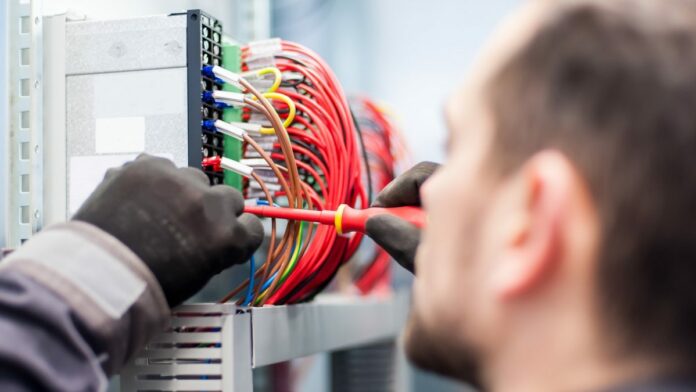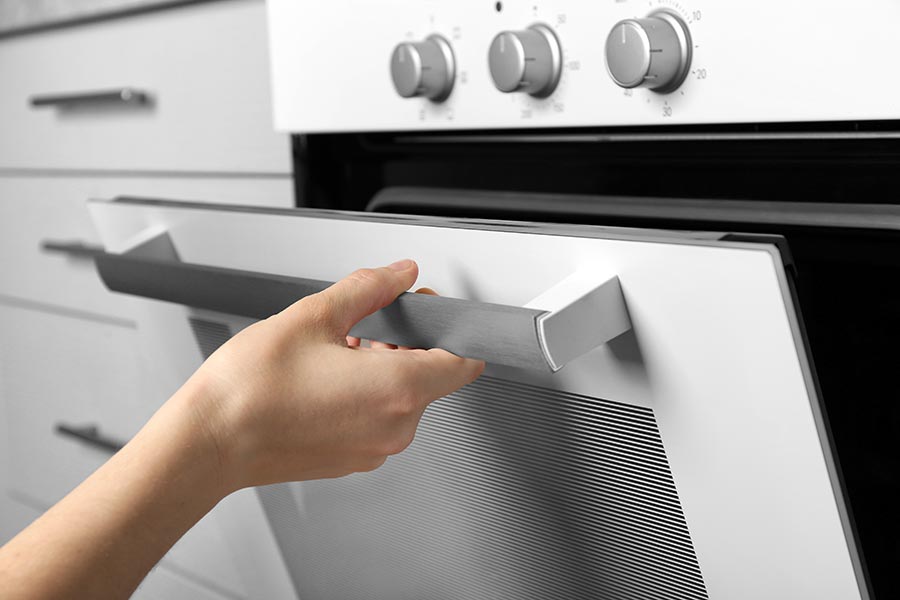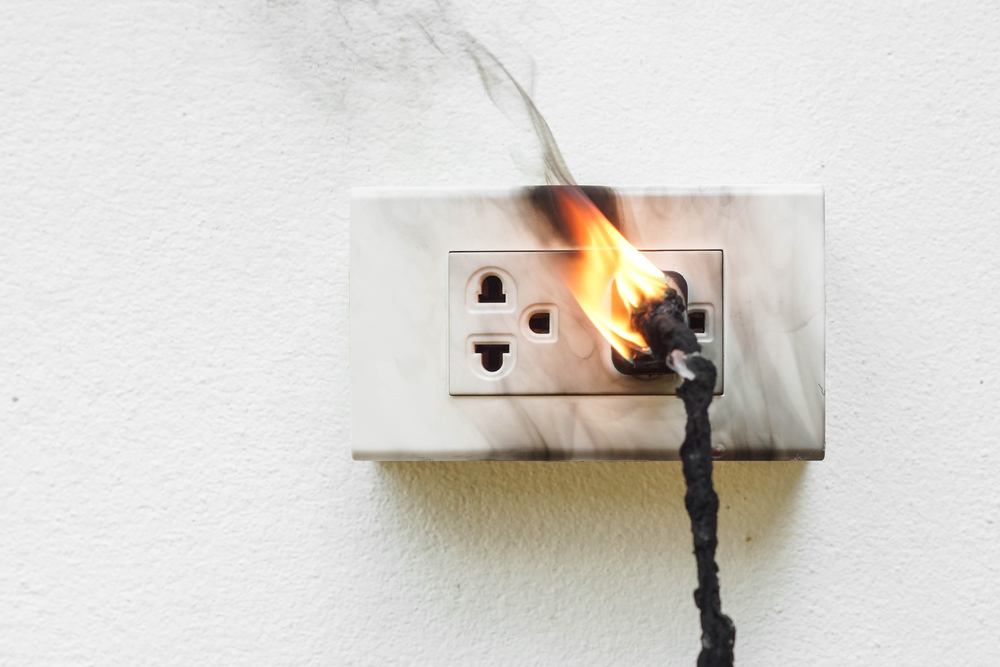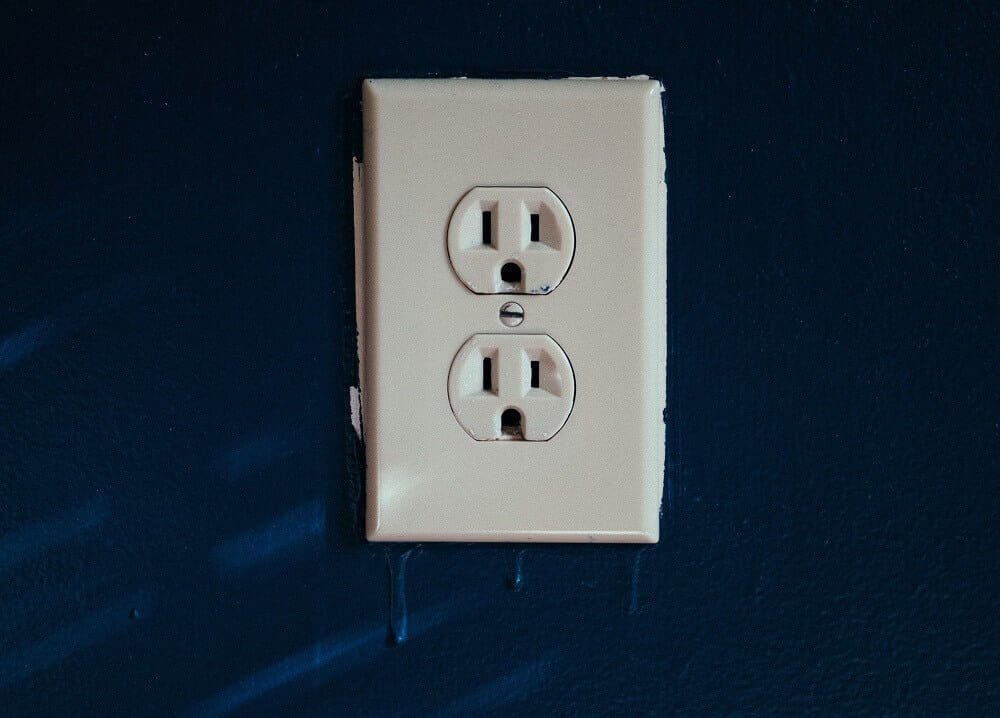While many people have very little idea what goes on in the circuitry of their home, it’s a good idea to know what kinds of signs to look out for that could pose hidden threats.
Learning how to spot the signs of potential electrical problems in your home can help you prevent your appliances from getting damaged and reduce the risks of electrical fires. Read ahead to learn about 10 electrical problems to look out for that might put you or your loved ones in danger.
1. Strange odors, especially surrounding appliances.
If your appliances are new, then you’re bound to encounter a few “plasticy” smells for a while before you break it in. However, if anything smells like it’s melting or burning or has a chemical odor, then be careful.
You’ve probably encountered all the scents that go with normally functioning machinery before, so unfamiliar, acrid odors are usually an indicator that something’s malfunctioning.
2. Buzzing or crackling sounds when you flip a switch.
Sounds like these indicate that the wiring or contacts aren’t handling the amount of electrical current that they’re receiving properly. Dangerously inefficient wiring like this can easily result in an electrical fire.
3. Counterfeit or sub-par appliances.
Unfortunately, there are plenty of counterfeit or knockoff brand appliances out there. These might not meet the proper electrical standards in your area, placing a dangerous amount of strain upon your circuitry.
Appliances that overload your electrical outlets run the risk of sparking and starting an electrical fire, so it’s crucial to make sure that all of your appliances were manufactured by reputable companies.
4. Incorrect light bulb installation.
A commonly overlooked hazard is a light fixture using light bulbs with incorrect wattage. Many people think that if a light bulb is the proper size to fit in a fixture, then that’s all there is to it and they’re good to go.
However, the wattage of your light bulb should always be the same or less than what its fixture is built to handle. Otherwise, you’re overloading the light fixture and building up heat that can cause a fire.
5. Improperly used extension cords
The same rule that applies to bulb wattage applies to extension cords as well: Never use an extension cord that carries a higher voltage than the appliance you’re using it with. Otherwise, you’ll be overloading your machine with current.
You’ll also want to avoid using extension cords for long periods of time. Appliances, especially larger ones, should always be plugged directly into a wall socket for the long haul.
6. Outdated wiring in your home.
Our knowledge of electrical safety has expanded over the years, and the wiring in older homes is likely no longer up to code. If you notice red flags such as flickering lights, buzzing outlets, loose sockets, or concerning odors, then outdated wiring might be to blame.
Depending on how long ago the wiring in your house was installed, you might want to proactively update it before these signs even manifest.
7. Loose plug outlets.
If you plug something into your electrical outlet and it sits loosely in the socket, then you’ve got a problem. When elements of an electrical outlet come loose and don’t connect properly, they’re likely to leave conductive metal exposed behind the wall.
This dramatically increases the likelihood of an electrical fire getting started–or of someone getting a dangerous electrical shock when they go to unplug from the wall outlet.
8. Visible and/or audible sparking.
There are no circumstances under which your appliances, switches, or wall outlets should spark! Sparking is a sign that your circuitry needs immediate attention. If you see sparking, you should disconnect power from the circuit right away and get help from skilled electricians of bpmelectrical.co.nz that offer comprehensive home safety checks to ensure proper safety.
9. Feeling a tingle, vibration, or shock when handling your appliances.
Just like sparking, this is something that should never happen. If you ever feel the tingle or shock of an appliance that has been overly charged, then you might be dealing with faulty wiring or grounding.
This can be especially dangerous if you come into direct contact with the high voltage that courses through your home–if the voltage is enough to power your washing machine, it’s enough to be dangerous.
10. Warm switches or wall outlets.
None of the switches or outlets in your home should be putting out heat. If any of them are warm to the touch, then you may well be dealing with an electrical hazard.
This heat buildup makes the threat of a fire much greater, and should never be ignored.
To Recap:
At Brisbane CLF Services, we understand how serious of a threat electrical hazards in a building can pose. If you have seen any of the above signs of potential electrical problems in your home or building, don’t wait around–contact a professional immediately to nip electrical issues in the bud.






















